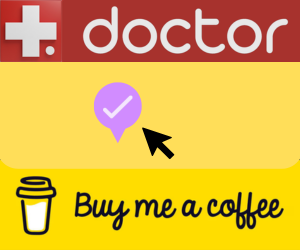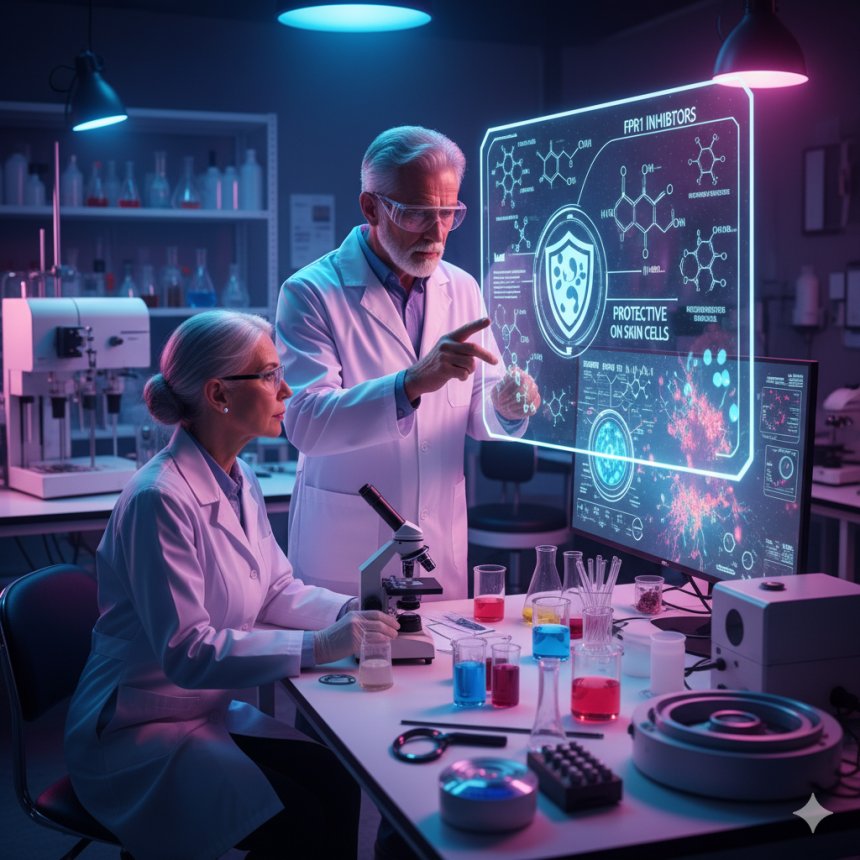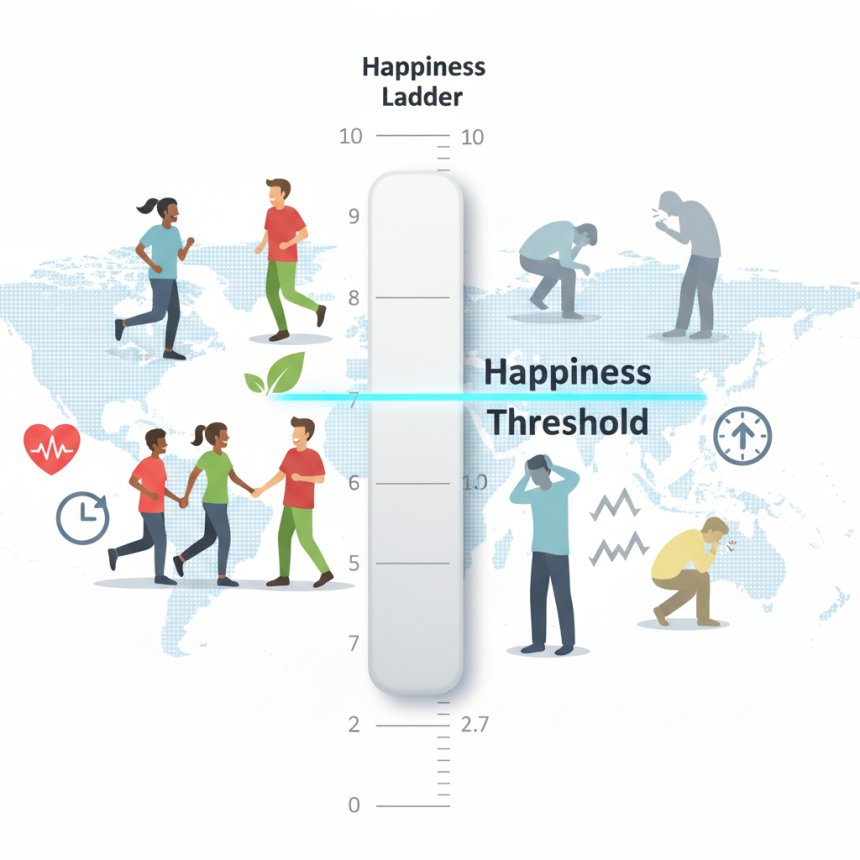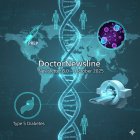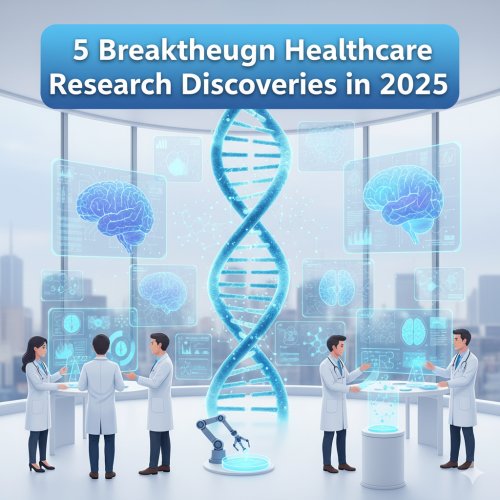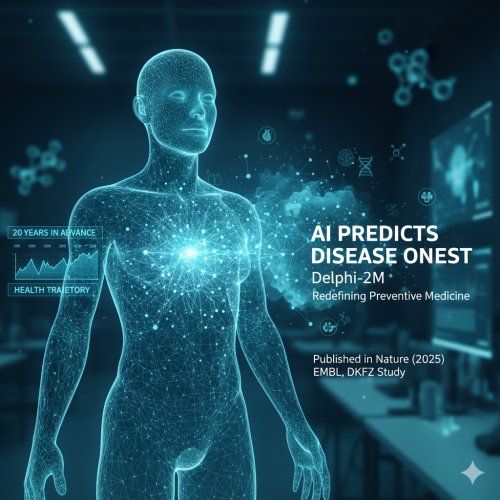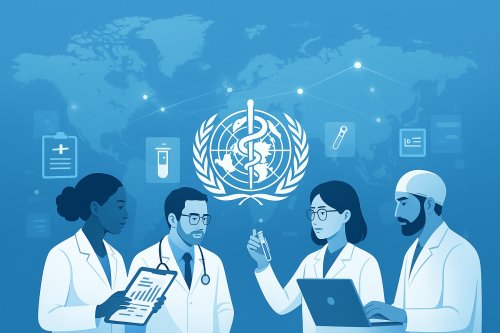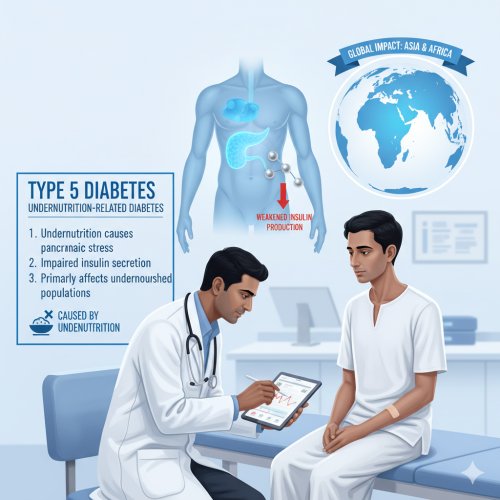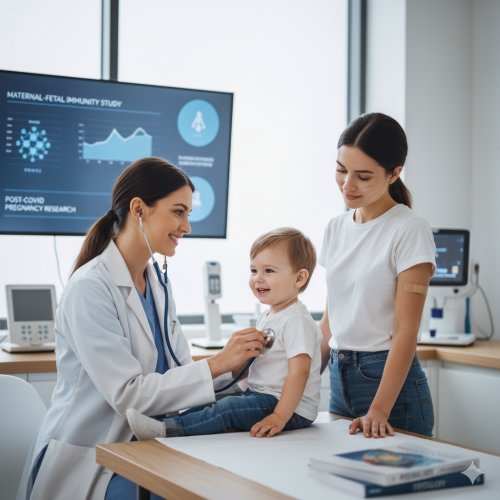Microsoft and Harvard Forge a New Era of Trustworthy AI Health Advice
Microsoft licenses Harvard Health Publishing's content to power its Copilot AI, aiming to deliver more accurate and credible medical information. Discover how this partnership could reshape consumer health.
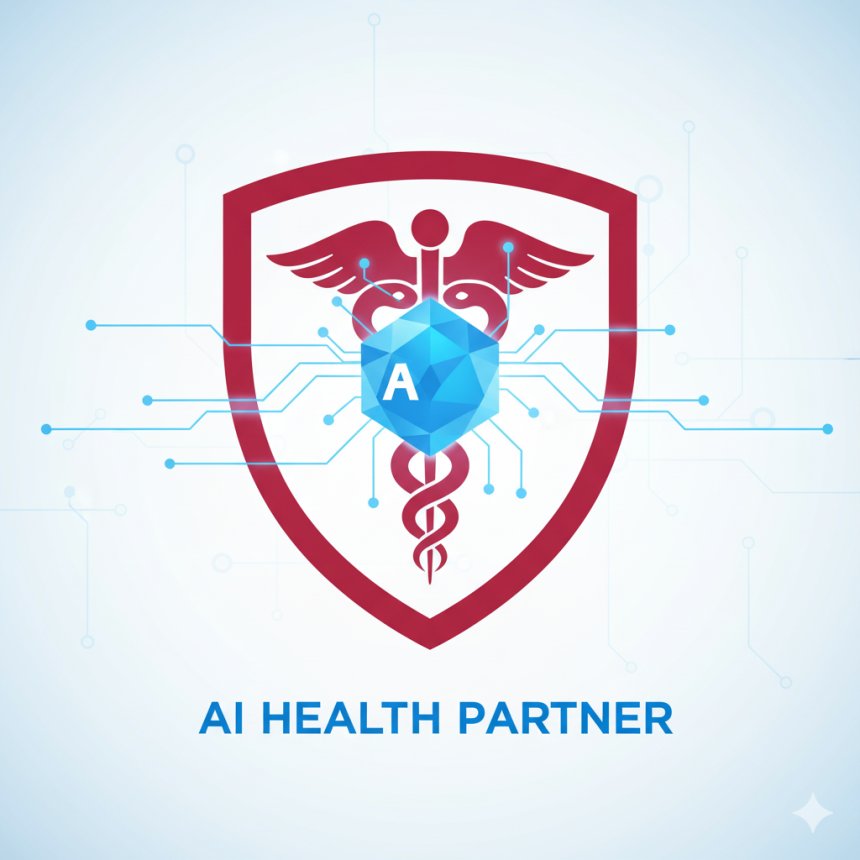
Introduction: A Landmark Partnership for Health Information
In a significant move to bolster the reliability of artificial intelligence in medicine, Harvard Medical School has entered a licensing agreement with Microsoft, granting the tech giant access to the authoritative consumer health content of Harvard Health Publishing . This collaboration is designed to enhance Microsoft's Copilot AI assistant with high-quality, evidence-based information on specific diseases and wellness topics .
The initiative reflects a growing recognition that for AI to be truly transformative in healthcare, it must be both powerful and trustworthy. As Dominic King, Vice President of Health at Microsoft AI, stated, the company's aim is for Copilot to provide answers that closely reflect the information a user might receive from a medical practitioner, a significant improvement over what is currently available from many AI sources . This partnership signals a pivotal step towards building AI systems that the public can rely on for critical health guidance.
The Driving Force Behind the Collaboration
The Problem of "AI Hallucination" in Medicine
Generative AI models, while proficient at stringing words together, have no inherent understanding of truth. They can generate confident and persuasive responses that are completely fabricated—a phenomenon known as "hallucination." In everyday queries, this might be a minor inconvenience. In healthcare, where people increasingly turn to AI for medical advice, it can be dangerous. Microsoft's own data shows that its consumer products, like Bing and Copilot, already handle over 50 million health-related sessions every day, making the accuracy of this information a paramount concern .
The Quest for Credibility and Strategic Diversification
This partnership is a direct response to this challenge. By grounding Copilot's health responses in the vetted content from Harvard Health Publishing, Microsoft aims to elevate its AI from a mere information retriever to a credible health advisor. Furthermore, industry reports indicate this deal is part of Microsoft's broader strategy to reduce its dependence on OpenAI, the maker of ChatGPT . Microsoft has recently begun integrating models from other companies, like Anthropic's Claude, and developing its own in-house models to create a more diverse and resilient AI ecosystem .
The Potential Impact: Beyond Better Chatbots
Integrating Harvard's content has implications that extend far beyond improving a single chatbot. It represents a foundational shift in how medical AI can be developed and deployed responsibly.
-
Enhancing Trust in Consumer Health AI: When users ask Copilot about symptoms, treatments, or wellness tips, the responses can now be anchored in reputable sources. This builds user trust and encourages more meaningful engagement with digital health tools.
-
Supporting Clinical Workflows: Microsoft's broader health AI portfolio includes tools like Dragon Copilot, an ambient listening tool that helps clinicians with documentation . While the Harvard content directly enhances the consumer-facing Copilot, the principles of using curated, high-quality data to improve AI accuracy are applicable across all medical AI products, ultimately supporting better clinical decision-making.
-
A Model for the Industry: This partnership sets a new benchmark. It demonstrates that one of the most viable paths to creating trustworthy medical AI is through collaboration between tech innovators and established medical authorities. This model of "grounding" AI in expert-approved content could become a standard practice for responsible AI development in healthcare.
A Critical View: Accuracy Does Not Equal Efficiency
While improving the accuracy of AI is a necessary and commendable goal, it is crucial to recognize that accuracy alone does not guarantee real-world efficiency or success . A commentary in npj Digital Medicine cautions against conflating these concepts, noting that a technologically accurate system can still increase human workload .
For instance, even an AI powered by Harvard's content requires an elaborate infrastructure and human oversight. Healthcare professionals may need new skills to interact with these systems and will undoubtedly face new responsibilities in overseeing their recommendations . The ultimate efficiency and clinical value of this AI partnership will not be determined by its technical specs alone, but by how seamlessly it integrates into complex clinical workflows and how well it earns the trust of both patients and providers.
The Broader Context of Microsoft's Push into Medical AI
The Harvard agreement is not an isolated project but part of Microsoft's coordinated effort to become a leader in health AI. The company is actively building a multi-faceted ecosystem:
-
Advanced Diagnostic Tools: Microsoft Research has developed the Microsoft AI Diagnostic Orchestrator (MAI-DxO), a system that acts like a virtual panel of physicians to solve complex diagnostic cases. In benchmarks, it correctly diagnosed up to 85% of challenging case records from the New England Journal of Medicine, outperforming groups of experienced physicians .
-
Provider-Focused Solutions: As previously mentioned, Dragon Copilot is being used to streamline clinical documentation, reduce burnout, and improve efficiency for healthcare providers .
-
A Commitment to Responsible AI: Microsoft emphasizes that its healthcare AI initiatives are built on a foundation of trust, security, and responsible innovation . The company is a proponent of industry coalitions like the Coalition for Health AI (CHAI), which aim to establish standards for safe and effective AI in clinical practice .
Conclusion: A Step Toward a More Informed Health Future
The partnership between Microsoft and Harvard Health Publishing is a promising development in the quest for reliable medical AI. By marrying cutting-edge technology with world-renowned medical expertise, it addresses one of the most significant barriers to the adoption of AI in health: trust.
For the average person, this could soon mean having an AI assistant that provides health information that is not just easily accessible, but also deeply credible. For the healthcare industry, it sets a powerful precedent for collaboration, proving that the future of medicine lies not in choosing between human expertise and artificial intelligence, but in strategically combining them to improve the health and well-being of people everywhere.
Of course. Here is the reference section formatted in APA 7th Edition style, which is the standard for scientific and professional writing.
---
### **References** (APA 7th Edition Style)
Aerts, A. (2023, May 17). *Improving breast cancer screening with AI*. Microsoft Research. Retrieved October 9, 2025, from https://www.microsoft.com/en-us/research/blog/improving-breast-cancer-screening-with-ai/
Anonymous. (2025, August 26). Research points to fatal risks in Microsoft Copilot's medical advice. *Family Doctor*. http://www.familydoctor.com.cn/m/2025/0826/2383228.html
Grzybowski, A., & Jin, K. (2025, October 6). Large language models and foundation models in ophthalmology. *The Ophthalmologist*. https://theophthalmologist.com/business-tech/large-language-models-and-foundation-models-in-ophthalmology
King, D. (2025, October 8). Microsoft's Copilot to use Harvard Health content for medical queries, WSJ reports. *The Wall Street Journal*. Investing.com. https://www.investing.com/news/technology-news/microsofts-copilot-to-use-harvard-health-content-for-medical-queries-wsj-reports-933SI-4085704
Microsoft. (n.d.). *Copilot in healthcare*. Microsoft Adoption. Retrieved October 9, 2025, from https://adoption.microsoft.com/en-us/copilot-in-healthcare/

